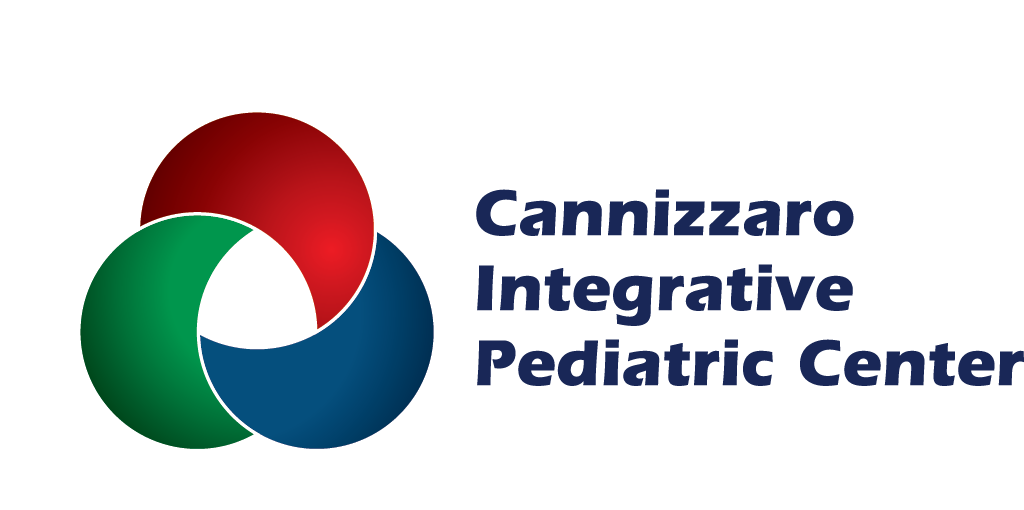
Parenting is the toughest job in the world. Not only do your decisions as a parent affect your kids in the moment, they reverberate throughout their lives. If you’ve done a good job, your kids grow up healthy with good habits—and most importantly, stay happy! Which is all we really want for our children. The road to raising well-adjusted, healthy children is paved with everyday choices, large and small.
As an integrative pediatric practice, we know that parenting plays a huge role in the physical and mental health of our young patients; therefore, holistically supporting the well-being of parents is also our concern. We regularly refer parents to a network of specialists, depending on the unique needs of their children, which is the essence of Integrative Medicine. One such professional is Sharon R. Thetford, Psy.D., a talented psychologist who often shares parenting skills with our families. As she likes to say, “Kids don’t arrive with an instruction manual!” However, there are proven parenting skills that anyone can learn in order to solve common behavioral issues and bring more harmony to the family. Read on to empower yourself with Dr. Thetford’s parenting advice.
Guilt: The Great Equalizer
If there’s one issue that puts a wrench in confident parenting, it’s the guilty feelings many parents endure as a result of enforcing consequences, otherwise known as discipline. Many parents don’t follow through with discipline because of these guilty feelings. Unfortunately, it doesn’t take a child long to figure this out. It’s very simple. You have what the child wants: your permission for everything they want to do or have every day. Children realize either you give them a natural “yes” or they have to try and get you to change your mind. When kids detect parental guilt, they try a bit of manipulation (crying, whining, professing “I’ll be good!”) to see if you will give in. If you do, your guilt allows your child to run the show, which reduces the effectiveness of your disciplinary efforts. As a parent, your most valuable skill is to learn how to sidestep manipulation and implement consequences!
One Important Parenting Technique
Keeping one cornerstone parenting technique in mind is particularly helpful, and that is: The child chooses the behavior, you choose the outcome. Here’s an example.
If you’re in the grocery store and saying “no” to a sugary cereal causes your child to melt down, you can ignore her or offer her a new choice. Maybe you’re the kind of parent who can ignore such a ruckus unperturbed; if not, you could say, “If you continue this behavior, we’re taking your favorite snack out of the cart.” That’s a new choice for the child with a clearly defined outcome or consequence. Your child can choose good behavior and save her favorite snack or can continue melting down.
In order to enforce discipline in this case, you may have to leave the store altogether, which means you won’t get that favorite snack or any of the other things you needed. Plus, you have to do this without letting the child know that it bothered you or she would feel like she can control you. The bottom line is, if the child knows you don’t want to deal with meltdowns and you’re willing to give in to avoid them, you’re rewarding the meltdown, which will continue and increase. Leaving the store might be inconvenient, but if it’s the only way to provide consistency and follow-through, you have to look at it as setting a precedent that you will not give in to avoid future meltdowns.
By giving kids a choice of behavior and clearly defined outcomes (consequences) that you reliably enforce, you don’t have to second-guess your method. Remember, the child chooses the behavior, you choose the outcome. It’s a clear 50/50 deal and you don’t have to feel guilty about enforcing it.
Mastering Parenting Skills is Empowering
When you’re feeling guilty, it’s hard to feel good as a parent. But that is no reason to give in. Many times, giving in is easier (in the short term) than enforcing consequences. Children bank on wearing you out (relentless beings that they are!) but crumbling will not give you confidence as a parent. Utilizing parenting techniques like the one above gives you the confidence to resist guilty feelings and the tendency to second-guess yourself. Instead you can say, “I got this. I’m doing a good job. I feel good about myself.” This is the long-term, empowering result of disciplining your child.
Tips to Sharpen Your Parenting Skills
- Follow through: If you say it, mean it. Don’t make threats you won’t carry out.
- Be consistent: Every time misbehavior occurs, deal with it in the way you said you would.
- Don’t confuse yelling for discipline. Yelling has no consequences; therefore, it is not discipline. Besides, it only wears you out and kids aren’t necessarily phased by it, especially if you’re so exhausted from yelling that you give in at the end.
- Don’t fall for emotional manipulations like outbursts and crying. Children continue to have meltdowns because they work!
- Be confident in yourself as a parent. Be mindful of your own self-esteem. Think about what you are modeling for your child(ren). Sometimes, you must do “work” as a parent to overcome your own insecurities. Kids challenge us to grow as individuals. (Now isn’t that something!)
Parenting is Tough. Discipline is Love.
If you still struggle with guilt, try looking at it this way—you’re not disciplining to achieve favorable short-term feedback from your kids. As a parent, you’re in it for the long haul. Discipline teaches kids how to make decisions and set proper boundaries. It helps them to understand that the choices they make have consequences. It gives them structure for their entire lives. Discipline helps children understand that what they do matters and the choices they make have an effect on other people. If you don’t teach them now, they will be ill-equipped to make their own decisions when they are grown and on their own. If kids don’t learn to follow the rules now, they may get themselves in real trouble when their actions can have more serious consequences. This isn’t “tough love”, it’s reality. Parenting is indeed tough, but discipline is love.
Special thanks to Sharon R. Thetford, Psy.D. from New Objectives Psychology, Counseling & Neurofeedback for her input on this article.
Image Copyright: dotshock / 123RF Stock Photo





